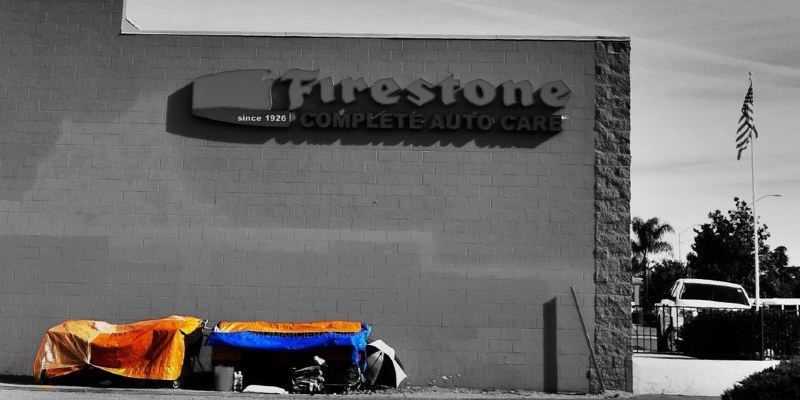FHA loans have supplied homebuyers with low closing costs and monthly payments and lenient credit conditions since 1934, as stated by the U.S. Department of Housing and Urban Development. The loans are issued by the Federal Housing Administration, a government organization which insures home loans in order to give homebuyers those advantages. FHA loans are best for first-time traders, on account of the minimal deposit required.
Boost Your Credit Score
The higher your credit score, the lower your required down payment. Although FHA loans do not have as stringent requirements as other monetary loans, this doesn’t indicate that credit scores are somewhat insignificant. According to FHA online, just homebuyers using a minimum score of 580 are eligible for the cheapest 3.5 percent down payments. Clients with credit scores below 580 are required to cover a minimum of 10 percent for a deposit. Boost your credit score by paying bills early or on time and maintaining credit card accounts low.
Find Your Niche
The FHA offers specialized loan programs to get a wide array of classes, such as first-time homebuyers, seniors and mobile and manufactured home owners. 203(b) Mortgage Insurance is a program for first-time homebuyers that offers the lowest down payment percent for you – to four-unit, owner-occupied homes. Seniors who are at least 62 years old can be eligible for a reverse mortgage, which allows them to convert equity into money with no repayment till they move to some other property. FHA loans can also be available to mobile and manufactured home owners who own land or live in a trailer community.
Remodel and Go Green
The 203(k) loan program allows homebuyers to finance the house purchase in addition to any remodeling costs which may be required. You have to provide detailed outlines of this job needed, in addition to costs that may accrue, and apply an application into a FHA 203(k) lender. Down payment requirements are 3.5 percentage of home and repair costs. When the program is accepted, you’ll receive the buy mortgage and money for estimated remodeling costs, and an extra 10 to 20 percent of their remodeling costs for any extra work that may come up. You might also invest in making your house more energy-efficient. An Energy Efficient Mortgage (EEM) can also be combined with 203(b) and 203(k) loans. These mortgage applications are given by creditors and insured by the FHA, like other FHA loans. They permit you to make energy improvements into the home without any extra down payment or prerequisites.

